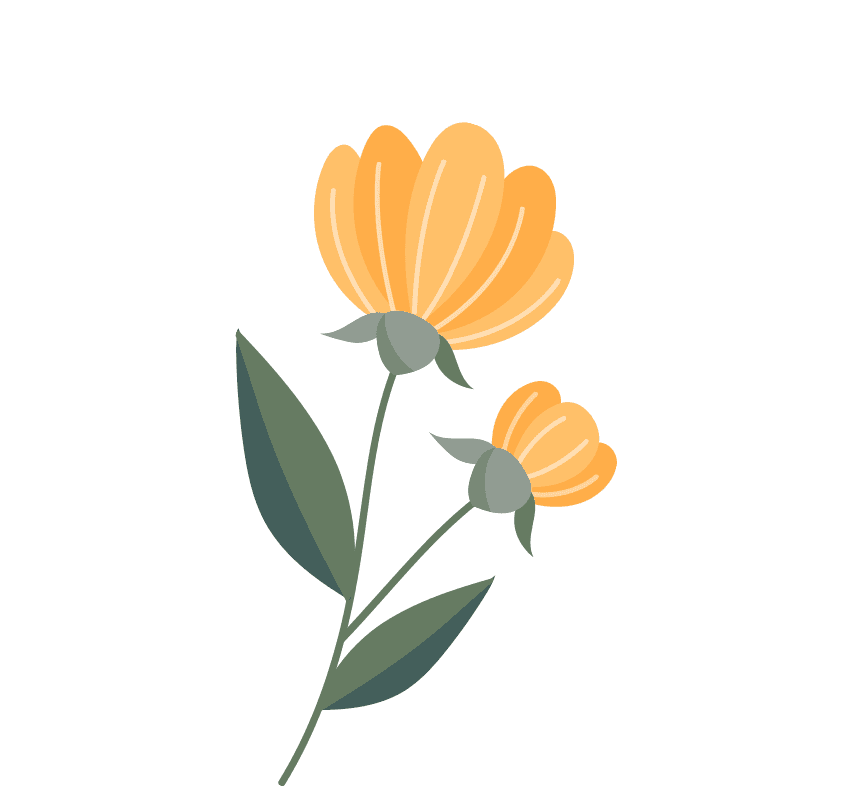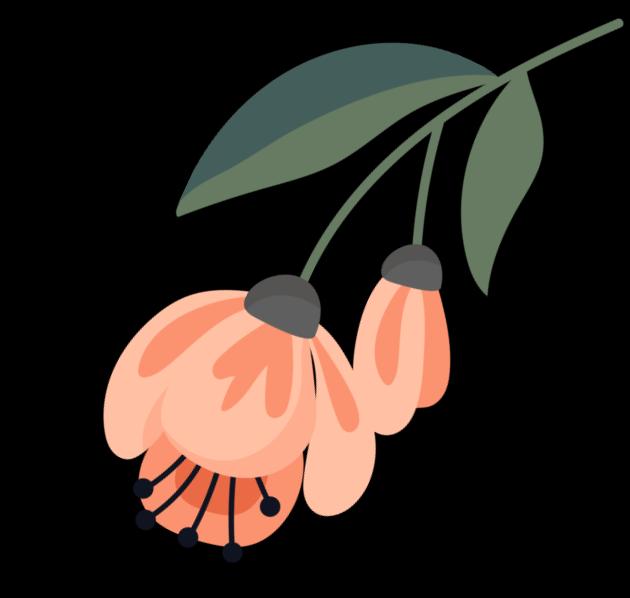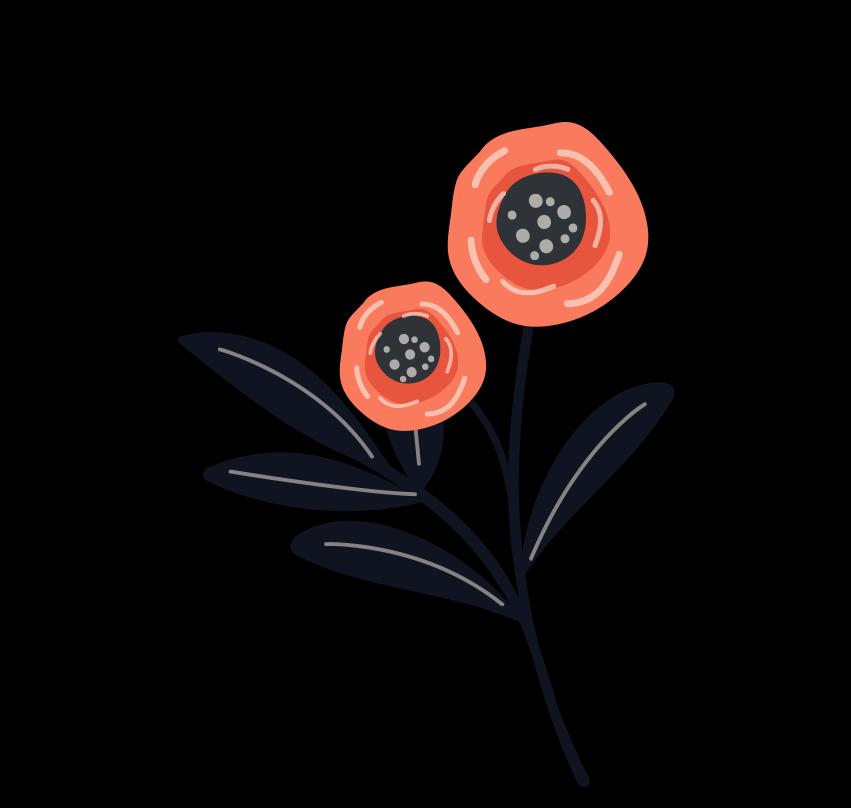Breast Pain Before Period: Causes, Risks and Home Remedies
Jun 08, 2024

Breast pain before a period is a common experience for many women. Known medically as cyclical mastalgia, this discomfort is linked to the hormonal changes that occur in the body during the menstrual cycle. Just before a period begins, levels of estrogen and progesterone fluctuate, which can cause the breasts to feel swollen, tender, or even painful. This type of breast pain usually resolves on its own once the period starts. It is a normal part of the menstrual cycle for many women and does not typically indicate any serious health issues. Here is all you need to know about how to reduce breast pain before period, what are the reasons and when to see a doctor.
Table of Contents:
- What Causes Breast Tenderness Before Period?
- Understanding the Risks of Breast Pain During Period
- 7 Most Effective Home Remedies to Treat Breast Pain Before Period
- When to See a Doctor?
- Conclusion
- FAQs
What Causes Breast Tenderness Before Period?
Breast tenderness before a period commonly happens due to hormonal fluctuations that are part of the menstrual cycle. Here is a detailed look at why this happens:
1. Hormonal Changes
The primary cause of sore breasts during period is the change in hormone levels. After ovulation, if pregnancy doesn't occur, estrogen and progesterone levels rise and then drop drastically. These hormonal shifts can cause the breast tissue to expand and retain water, leading to tenderness and swelling.
2. Prolactin Levels
One of the reasons for breast swelling and pain before period is estrogen and progesterone, the hormone prolactin can also affect breast sensitivity. While mainly involved in milk production, prolactin levels can influence breast tissue and lead to discomfort before menstruation.
3. Breast Composition
The breasts contain glandular tissue, fat, and connective tissue. Hormonal changes can make this tissue feel swollen or lumpy, which adds to the feeling of heaviness and pain.
4. Water Retention and Swelling
Before their period, some women experience water retention which can cause their breast tissue to swell. This swelling can lead to sore breasts during their period, making them feel tender and uncomfortable.
5. Diet and Nutrition
High salt intake, caffeine, and fatty foods can increase heaviness in breast after period by promoting water retention and swelling.
Understanding the Risks of Breast Pain During Period
Breast pain during periods is also known as cyclical mastalgia. It is generally not a sign of a serious health issue. However, it can be uncomfortable. The main risk associated with this condition is the potential impact on a woman's quality of life, as the discomfort can interfere with daily activities and overall well-being. Additionally, persistent or severe breast pain during menstrual cycle should be checked by a doctor to rule out issues that are not related to the menstruation.
7 Most Effective Home Remedies to Treat Breast Pain Before Period
1. Warm Compresses
Using warm compresses on the breasts can effectively alleviate pain before periods. The warmth from the compress helps relax muscle tissue and improves blood circulation in the area. Enhanced blood flow can reduce muscle spasms and decrease the severity of the pain associated with breast swelling.
2. Dietary Adjustments
Modifying your diet can have a significant impact on managing breast pain before periods. A diet low in fats and high in fruits, vegetables, and whole grains helps reduce systemic inflammation, potentially lessening breast discomfort. Moreover, limiting intake of caffeine and salt is beneficial as these can worsen bloating and fluid retention, which often worsen breast tenderness. Increasing water intake and including natural diuretics like cucumber or watermelon in your diet can also help reduce bloating, thereby alleviating breast pain.
2. Dietary Adjustments3. Evening Primrose Oil
Evening primrose oil is valued for its high gamma-linolenic acid (GLA) content, an essential fatty acid known for its hormone-balancing and anti-inflammatory properties. Regular supplementation with evening primrose oil can help reduce the severity of breast pain by addressing the hormonal fluctuations and inflammation that often occur during the menstrual cycle.
4. Vitamin E and B6
Taking supplements of Vitamin E and Vitamin B6 can also be beneficial in managing breast pain associated with menstrual cycles. Vitamin E is known for its role in supporting breast tissue health, easing pain and tenderness. Vitamin B6 plays a crucial role in regulating hormonal balance, which can help reduce symptoms.
5. Exercise
Regular exercise can significantly improve blood circulation and help alleviate premenstrual symptoms, including breast pain. Engaging in light activities such as walking, yoga, or swimming can increase overall blood flow, reducing discomfort and helping to stabilise mood and hormonal imbalance.
6. Proper Support
Wearing a supportive bra that fits well can greatly reduce discomfort associated with breast pain, especially during physical activity or throughout daily routines. A good bra minimises breast movement, lessening strain on breast tissues and reducing pain.
7. Herbal Teas
Herbal tea such as chamomile, ginger, peppermint, and dandelion offer natural relief for breast pain. These teas possess anti-inflammatory properties that help reduce swelling and discomfort. They also promote relaxation and have a calming effect on the nervous system, easing the symptoms commonly associated with premenstrual breast tenderness.
When to See a Doctor?
If breast pain during your period doesn't improve with home remedies or if you notice the pain becoming unusually severe, it is important to consult a doctor. Persistent pain could indicate underlying issues such as infections, cysts, or, in rare cases, breast cancer. Additionally, if you experience any new symptoms such as a lump in the breast, nipple discharge, or changes in the breast skin, seeking medical help is crucial to find any underlying issue.
Conclusion
Although breast pain during periods is common, it varies from person to person due to various factors including hormonal imbalance and dietary habits. Effective home remedies like warm compresses, dietary adjustments, and herbal teas can often alleviate discomfort. However, if the pain persists or worsens, or if accompanied by unusual symptoms, consulting a doctor is essential for a proper diagnosis and to rule out more serious conditions.
Frequently Asked Questions
Breast pain is not usually a sign of cancer. Cancerous lumps are often painless. However, pain that is persistent, localised, and not linked to your menstrual cycle should be evaluated by a healthcare professional.
Breasts typically stop growing in the late teens or early twenties. However, they may change due to weight fluctuations, pregnancy, or hormonal changes.
Period-related breast tenderness typically decreases and goes away with the onset of the period, while pregnancy-related breast tenderness tends to persist and intensify as the pregnancy progresses.
Normal breast pain is often cyclic, linked to your menstrual cycle, and feels tender or swollen across both breasts.
Worry about breast pain if it is severe, localised to one area, persists after your period, or is accompanied by other symptoms like a new lump, nipple discharge, or changes in the skin.
Breasts may hurt and feel heavy due to hormonal changes during the menstrual cycle, which cause the breasts to swell and retain fluid.
Breast pain that indicates pregnancy often feels like a dull, heavy ache or a tingling sensation. It might be more intense than the pain experienced before a menstrual period.













